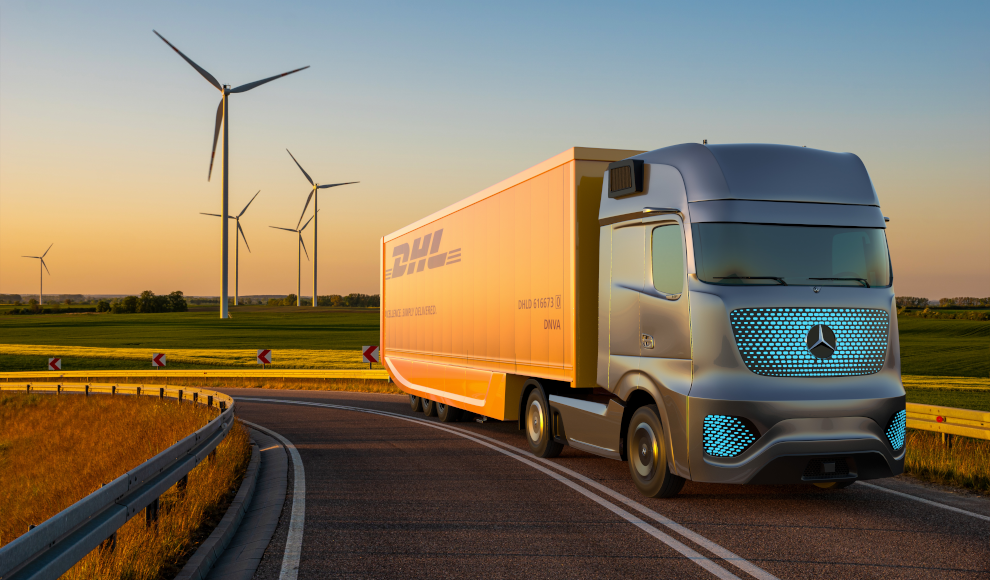Electric trucks are set to dominate the market in Europe, North America, and China in the coming decade, with their total cost expected to be lower than diesel trucks. According to a study by PricewaterhouseCoopers (PwC), electric trucks will be about 30% cheaper than diesel trucks by 2030. This will result in a third of new trucks being electric in these regions. By 2035, electric trucks are expected to make up about 70% of new registrations. The shift is driven by legal requirements and the increasing cost advantages of electric trucks.
The European Union (EU) plans to reduce the tolls for electric trucks by half from May 2023, which will save logistics companies around €25,000 per electric truck per year. In addition, truck manufacturers face higher penalties for exceeding CO? emissions limits, making diesel trucks more expensive. Although electric trucks with batteries are currently twice as expensive as diesel trucks, their total cost is expected to be lower by 2025. Electric trucks with fuel cells, such as the Hyundai Xcient Full Cell, are expected to have lower total costs than diesel trucks by 2030.
However, the transformation of logistics will pose significant challenges for countries, as investments of €36 billion are needed to create a comprehensive network of charging stations and hydrogen refueling stations by 2035. Additionally, about 21,000 additional wind turbines are required to provide sufficient electricity for electric trucks. According to Jörn Neuhausen, Head of Electromobility at PwC Strategy& Germany, the transformation of logistics will offer significant growth opportunities for established and new market participants. McKinsey also believes that electric trucks will become the market leader in the coming years, with 50% of new registrations being electric by 2035.
In conclusion, the shift towards electric trucks is driven by legal requirements and cost advantages. Although significant investments are needed to create a comprehensive network of charging stations and hydrogen refueling stations, the transformation of logistics offers significant growth opportunities for established and new market participants.










